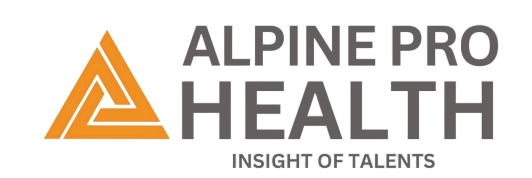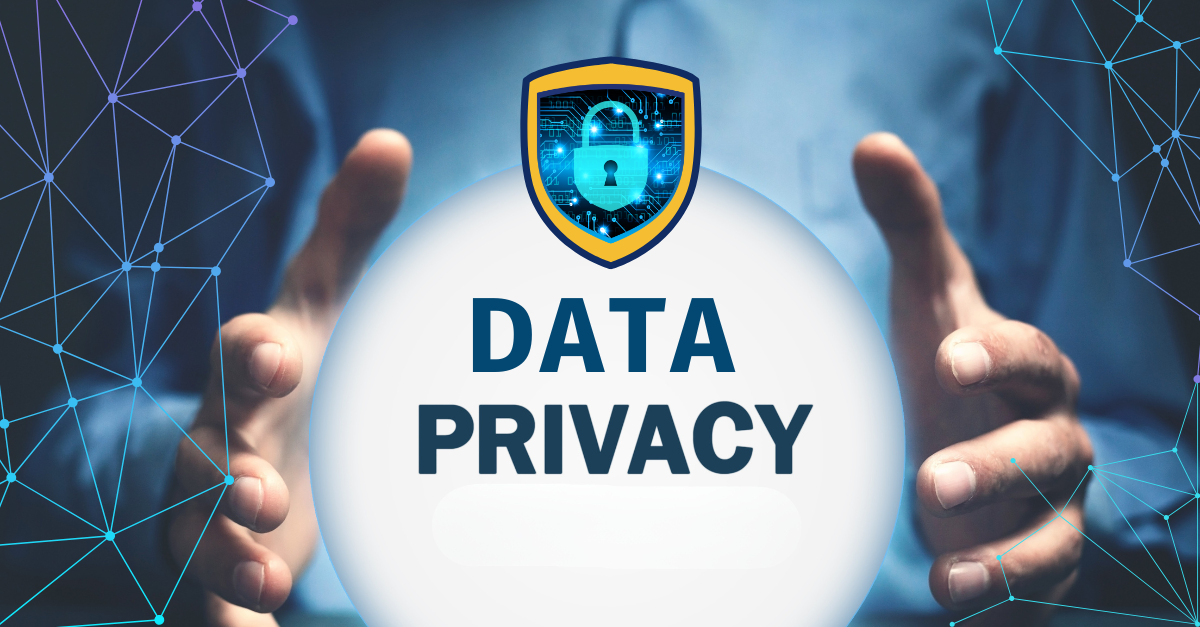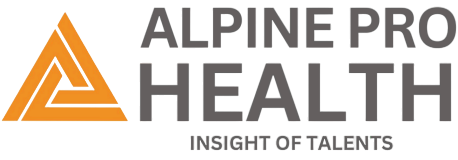Data Privacy Week is an annual event that underscores the importance of safeguarding personal information, particularly in sensitive industries like healthcare. For medical coding professionals, data privacy is not just a responsibility ,it’s a cornerstone of their work. Every day, medical coders handle Protected Health Information (PHI), including patient diagnoses, treatments and insurance details. This week serves as a timely reminder to reinforce best practices, comply with regulations and prioritize patient confidentiality.
In an era where data breaches and cyber threats are on the rise, the role of medical coders in protecting patient information has never been more critical. This blog explores why data privacy matters in medical coding, key principles to uphold, best practices to follow and how to celebrate Data Privacy Week in a meaningful way.
Why Data Privacy Matters in Medical Coding
1. Sensitive Patient Information
Medical coders are entrusted with PHI, which includes highly sensitive data such as medical histories, treatment plans and insurance information. Unauthorized access to this information can lead to severe consequences, including identity theft, insurance fraud, and emotional distress for patients. Protecting this data is not just a legal obligation but also an ethical one.
2. Regulatory Compliance
Healthcare organizations and medical coders must comply with stringent regulations like the Health Insurance Portability and Accountability Act (HIPAA) in the U.S. These laws mandate the protection of patient data and impose severe penalties for non-compliance. Adhering to these regulations ensures that patient information is handled securely and responsibly.
3. Trust and Reputation
Patients trust healthcare providers to safeguard their personal information. A single data breach can shatter this trust, tarnish the reputation of healthcare organizations, and lead to financial and legal repercussions. By prioritizing data privacy, medical coders help maintain the integrity and trustworthiness of the healthcare system.
Key Principles of Data Privacy in Medical Coding
To ensure the confidentiality, integrity and availability of patient data, medical coders must adhere to the following principles:
- Confidentiality: Patient information should only be accessible to authorized personnel. This includes using secure systems, strong passwords, and encryption to prevent unauthorized access.
- Integrity: Medical coders must ensure that patient data is accurate, consistent, and free from tampering throughout its lifecycle.
- Availability: Authorized users should have timely access to patient data when needed for treatment, billing, or other legitimate purposes.
Best Practices for Medical Coders
To uphold data privacy, medical coders should adopt the following best practices:
- Stay Informed: Keep abreast of the latest data privacy laws, regulations, and industry standards. Regularly review updates to HIPAA and other relevant guidelines.
- Use Secure Systems: Work within encrypted, password-protected systems to access and store patient data. Avoid using unsecured networks or devices.
- Limit Access: Share patient information only with authorized individuals and on a strict need-to-know basis. Implement role-based access controls to minimize exposure.
- Regular Training: Participate in ongoing training sessions on data privacy and security protocols to stay updated on emerging threats and best practices.
- Report Breaches: Immediately report any suspected data breaches or unauthorized access to supervisors or IT departments. Quick action can mitigate potential damage.
Common Challenges in Data Privacy for Medical Coders
Despite best efforts, medical coders may face several challenges in maintaining data privacy:
- Phishing Attacks: Cybercriminals often use phishing emails or messages to trick individuals into revealing sensitive information. Medical coders must remain vigilant and avoid clicking on suspicious links or attachments.
- Human Error: Accidental disclosure of patient data, such as sending information to the wrong recipient, is a common risk. Double-checking work and following protocols can help minimize errors.
- Third-Party Risks: Vendors and partners who handle patient data must also comply with privacy regulations. Medical coders should ensure that third-party agreements include robust data protection clauses.
How to Celebrate Data Privacy Week in Medical Coding
Data Privacy Week is an excellent opportunity to reinforce the importance of data privacy within your organization. Here are some ways to celebrate:
- Host Training Sessions: Organize workshops or webinars to educate staff on data privacy best practices and emerging threats.
- Review Policies: Take this time to update and review your organization’s data privacy policies and procedures. Ensure they align with current regulations.
- Engage in Awareness Campaigns: Share tips, resources, and infographics with colleagues to promote a culture of data privacy.
- Conduct Audits: Perform internal audits to identify potential vulnerabilities and address them proactively.
Conclusion
Data Privacy Week is more than just an observance , it’s a call to action for medical coding professionals to reaffirm their commitment to protecting patient information. By adhering to best practices, staying informed about regulations, and fostering a culture of privacy, medical coders play a pivotal role in maintaining the integrity and security of healthcare data.
As we celebrate Data Privacy Week, let’s remember that safeguarding patient information is not just a legal obligation but a moral one. Together, we can ensure that patient confidentiality remains a top priority in the ever-evolving landscape of healthcare.
With Alpine Pro Health, your data is safeguarded by advanced security measures, giving you peace of mind to focus on delivering outstanding patient care. Partner with us for secure, reliable and efficient medical coding solutions.


